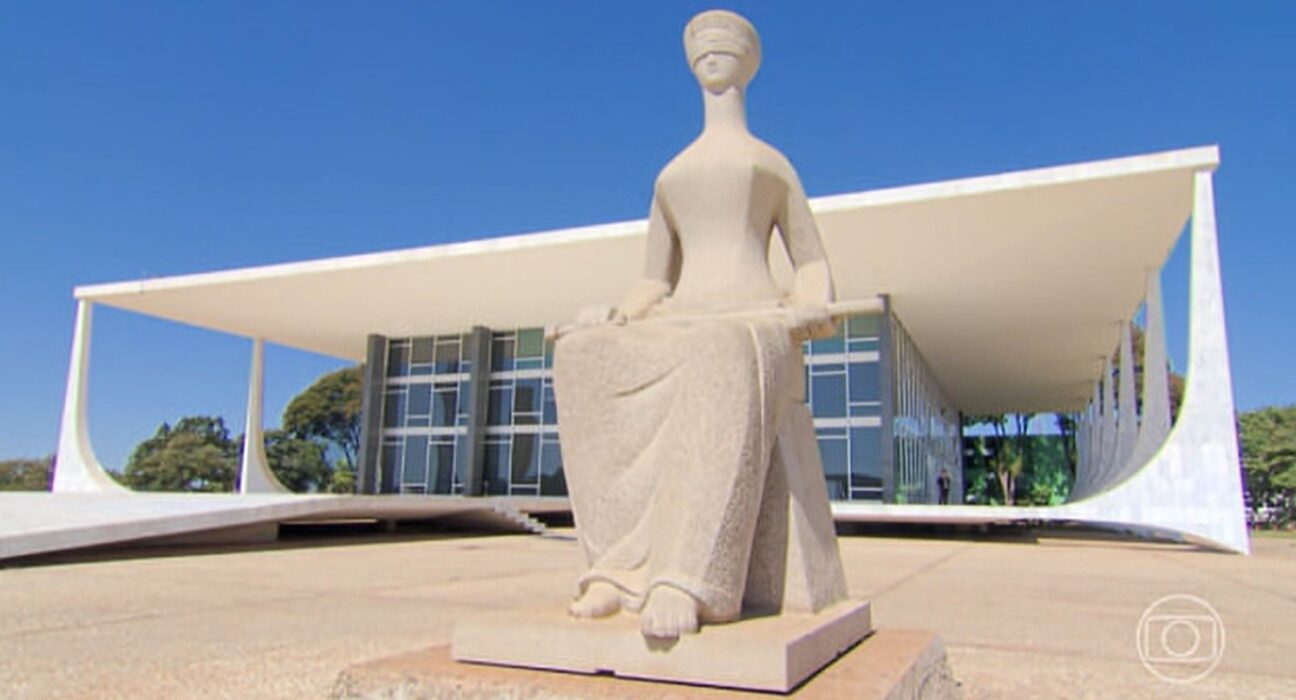In the intricate web of Brazilian politics, the Supreme Federal Court (STF) has become a battleground for political parties, with a staggering 723 actions filed since 2019. These legal maneuvers, aimed at challenging laws, regulations, or their absence, have stirred significant debate and tension within the country’s political landscape.
A recent analysis revealed that from 2019 to 2025, a total of 2,542 actions were brought before the STF for constitutional scrutiny, with political parties accounting for 28.4% of these cases. Delving deeper into the data, it is apparent that left-leaning parties have been the most active in submitting actions for constitutional review. Parties such as Rede Sustentabilidade, PT, and PDT have emerged as prominent players in this legal arena, advocating for the upholding of constitutional principles.
Beyond political parties, other entities like the President, governors, the Brazilian Bar Association (OAB), and national-level unions and professional associations also possess the right to present such actions to the STF. This constitutional prerogative enables a diverse range of actors, including social movements, to engage with pivotal legal issues and contribute to the national discourse.
However, the growing frequency of these legal challenges has not gone unnoticed by the leadership of the Senate. Senate President Davi Alcolumbre has raised concerns about the escalating tensions between the branches of government fueled by these actions. In response, he is spearheading efforts to introduce legislation that would redefine the entities eligible to approach the STF, aiming to address what he perceives as a pressing issue in the Brazilian legal system.
One of the contentious issues brought forth in these actions is the treatment of indigenous lands, policing practices in Rio de Janeiro’s favelas, abortion decriminalization, parliamentary earmarks, and the recent changes to the Financial Operations Tax (IOF) regulations. These cases not only reflect the diverse concerns of the political spectrum but also underscore the pivotal role of the STF in shaping the legal landscape of the nation.
As the debate over the limitations on accessing the STF unfolds, the broader implications of these actions reverberate across the political and judicial realms. The delicate balance between the constitutional right to legal recourse and the need to maintain judicial efficacy and stability is at the heart of this ongoing discussion.
In the ever-evolving tapestry of Brazilian democracy, the interplay between political actors and the judiciary continues to shape the course of the nation’s legal framework. The quest for a harmonious coexistence between the branches of government and the diverse voices within society remains a central challenge, underscoring the intricate dynamics of power and governance in Brazil.

